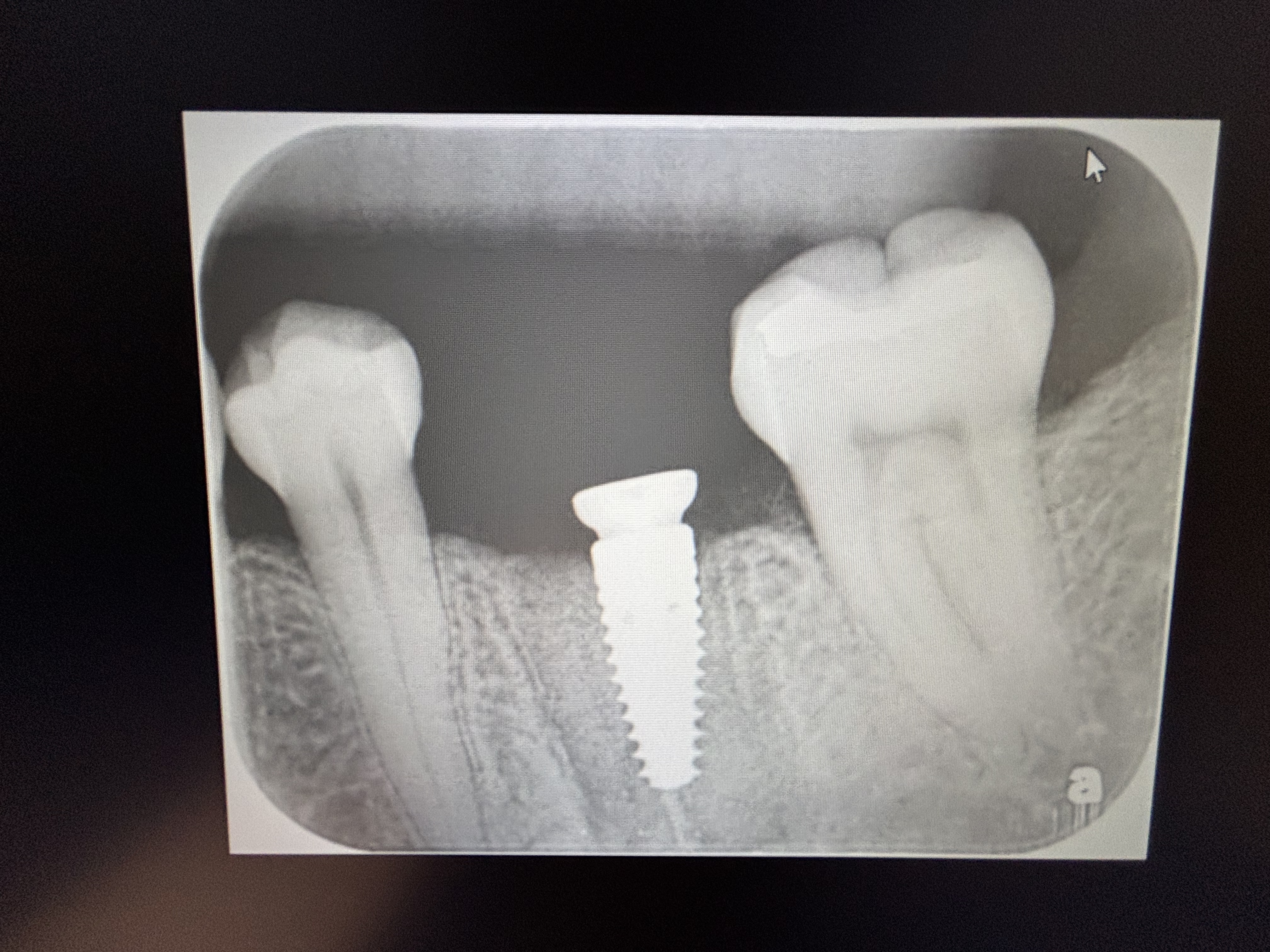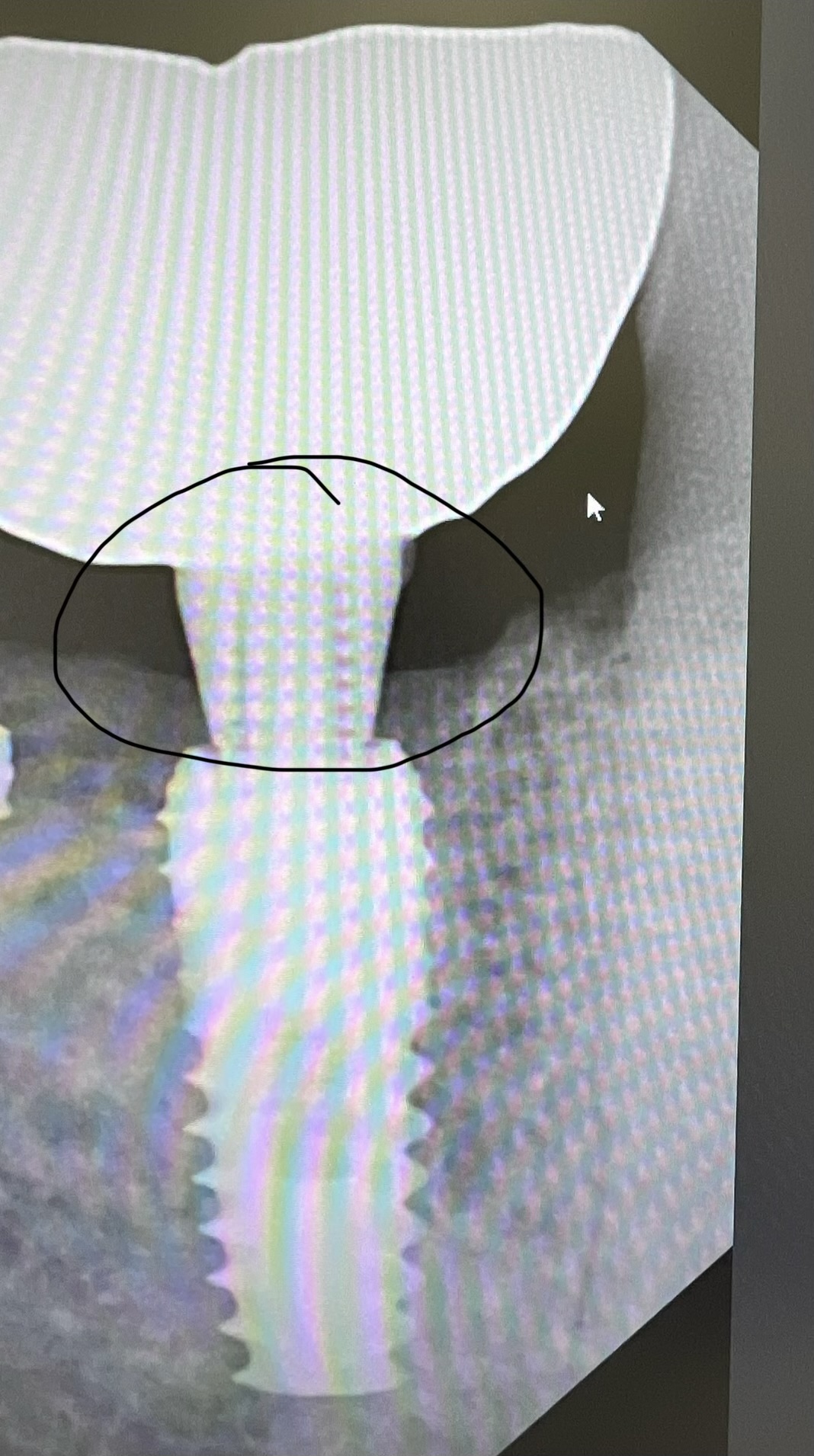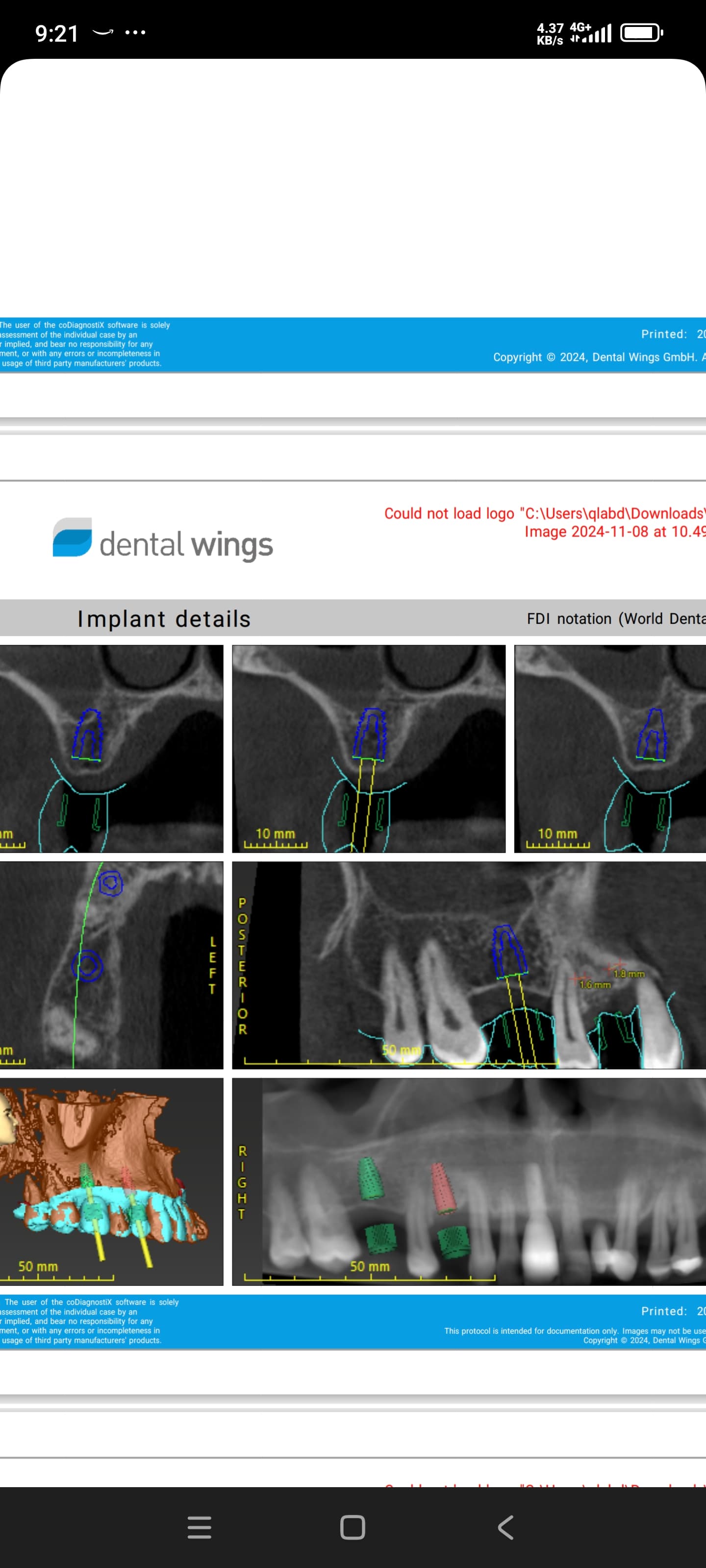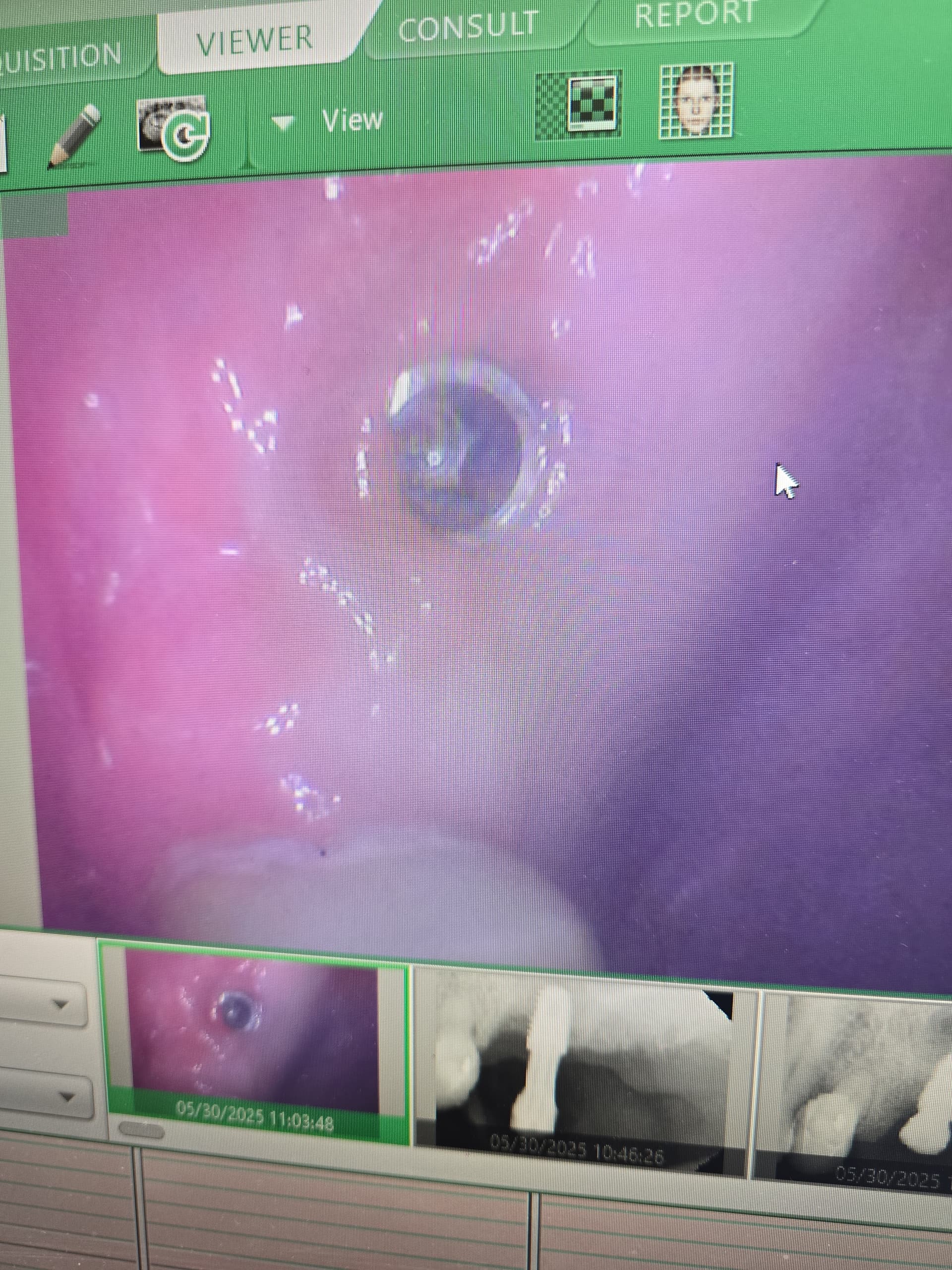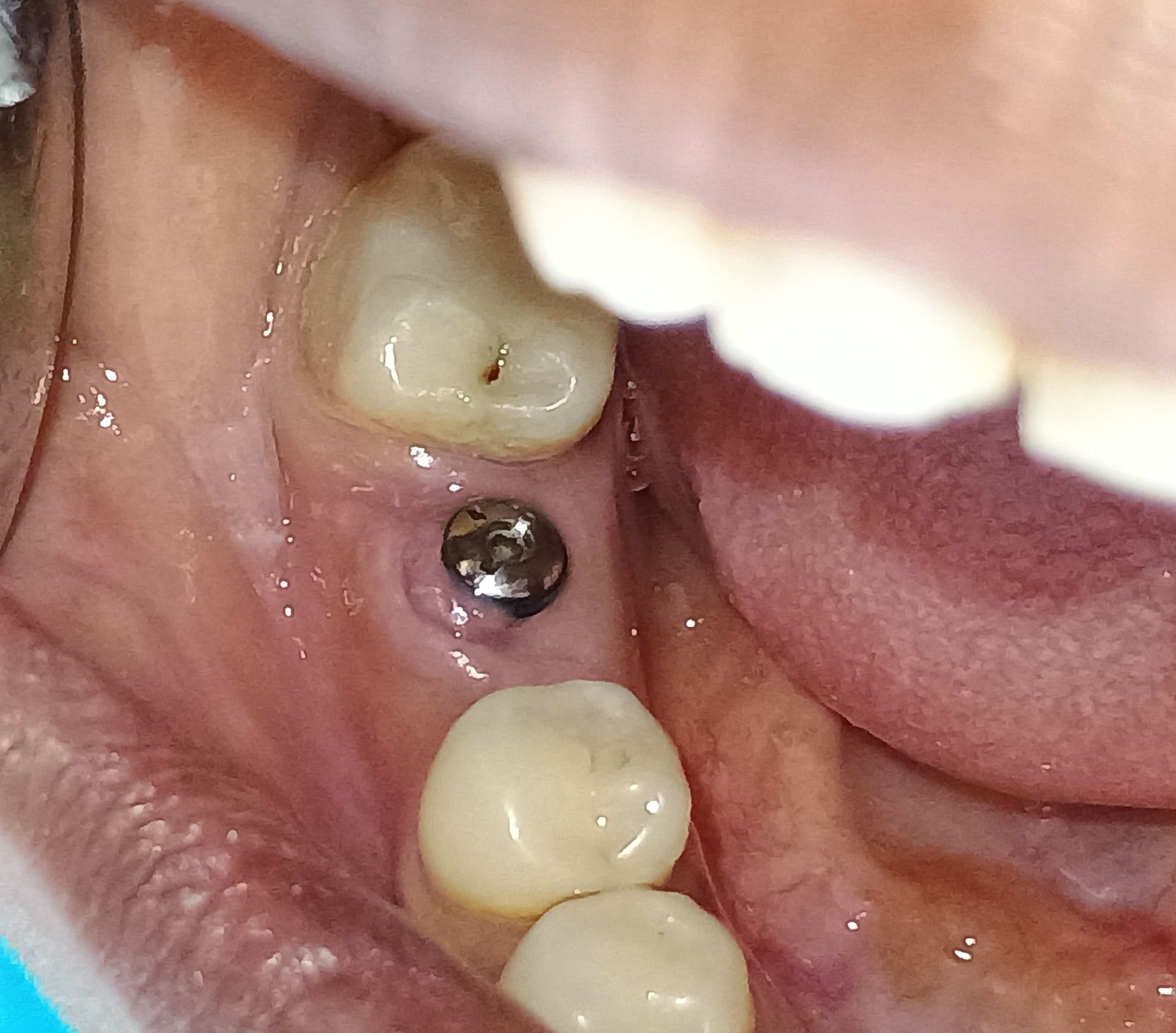Hepatitis C: Contraindication for Dental Implants?
Steve, a dental implant patient, asks:
I have had Hepatitis C for 5 years and have been treated with interferon and ribovaran therapy. Otherwise I am in reasonably good health. I do have severe chronic adult generalized periodontal disease. I see a periodontist regularly for this and I am currently stable. I need to have some teeth extracted and replaced by implants. My surgeon has told me that because of my history of Hepatitis C, I have a poor prognosis for dental implants. Is this true?
11 Comments on Hepatitis C: Contraindication for Dental Implants?
New comments are currently closed for this post.
George
1/8/2008
I have a least three patients that currently have implants. They are maintaining without any problem. All are in remission after the same hepatitis treatment you described. I have not heard anyone on the circuit say Hep C is a contraindication after they were treated and in remission. I look forward to other comments.
Fredrick Shaw
1/9/2008
If you have significant liver dysunction as a result of the disease maybe your surgeon was reluctant to consider you as an implant candiate. Second opinion?
Bob
1/10/2008
I have had HCV for about 25-30 years. I had a complete set of dental implants on the bottom done about 7 years ago without any problems.
I don't understand why your Dentist told you that. I would try another Dentist.
Dr. Mehdi Jafari
1/10/2008
Some of those infected with hepatitis-C can defeat the virus without any permanent damage to their liver but, a vast majority of the virus-contaminated-persons develop chronic hepatitis which leads to developing of cirrhosis, usually within twenty to thirty years after infection.The sequela of this cirrhosis,is usually the liver failure and upto five percent of the patients eventually develop Hepatocellular carcinoma.HCV infection increases the risk of developing lymphomas too, and can be accompanied by skin and kidney problems which make the situation even more complicated. The hepatitis-C virus is linked to an increased risk of porphyria cutanea tarda, and to cryoglobulinemia.The latter may cause Nephrotic damage. Combination therapy which is used to treat the condition, including pegylated interferon and ribavirin may cause psychosis or attempting suicide in some of the patients.Liver transplantation has been known to be the best treatment for the advanced phases of the disease but it does not cure HCV. Many patients with hepatitis C who receive liver transplants will face a recurrence of the disease and those are also at a very high risk of recurrent cirrhosis within the next five years.
George
1/16/2008
Dr. Jafari, Thank you for your detailed account of what could happen to these patients. Bottom line is, do you think implants are contra- indicted in these patients.
Dr. Mehdi Jafari
1/17/2008
No sir, I don't. Unless the patient enters the phase of cirrhosis or becomes extremely ill due to the superimposition of another condition like HIV co-infection etc.
jose rosa
1/25/2008
I my oppinion there´s no problem with HCV. I´ve had patients with HCV with implants placed and without any problem. It´s all about the bone and the higyiene.
José Rosa, DDS
Lisbon, PORTUGAL
Peter Fairbairn
1/26/2008
I placed 2 Intoss Implants in the upper right 4 and 5 area 14 years ago in a patient with full blown AIDS who subsequently went on anti-viral treatment. I then loaded at 6 months with a cantilever on the 3 and saw the patient a few times in the ensuing years when his health improved dramatically.
He came into the office this week after not seeing him for 7 years or so ( he moved abroad) and when we x-rayed the implants we noticed less than 1mm of bone loss on 1 implant and no bone loss on the other whatsoever. The implants had even been placed a little too close together with no loss between them.
Hep C no issue in comparison.
Kristina Floyd
2/9/2009
I have Hepatitus C and rather than the standard therapies I had Hyperbaric Oxygen Therapy. It put my Hep C in complete remission.
I would urge any Hep C victim to research this non-injurious treatment. It causes a significant increase in White Cell Count for healing and most important, angiogenesis (the creation of capilaries & arteries) and thereby enables the liver to regenerate.
R. Hughes
2/10/2009
Kristina, this sounds very intersting.
elizabeth
3/13/2018
If you have significant liver dysunction as a result of the disease maybe your surgeon was reluctant to consider you as an implant candiate. Second opinion?










